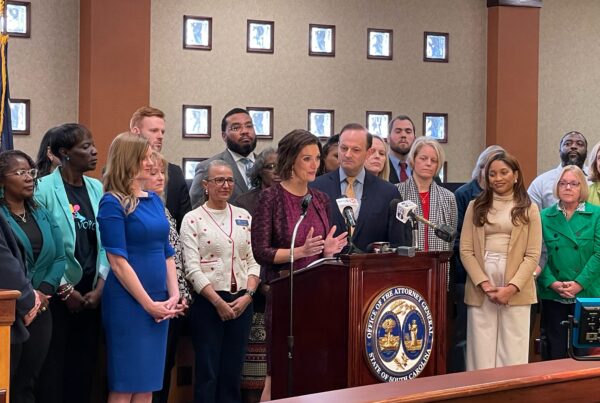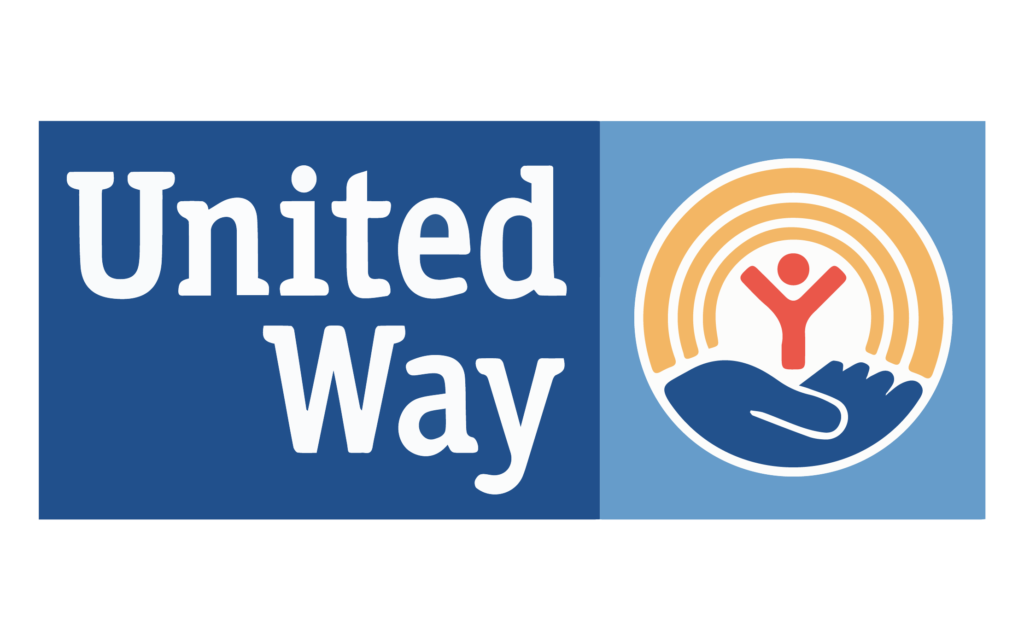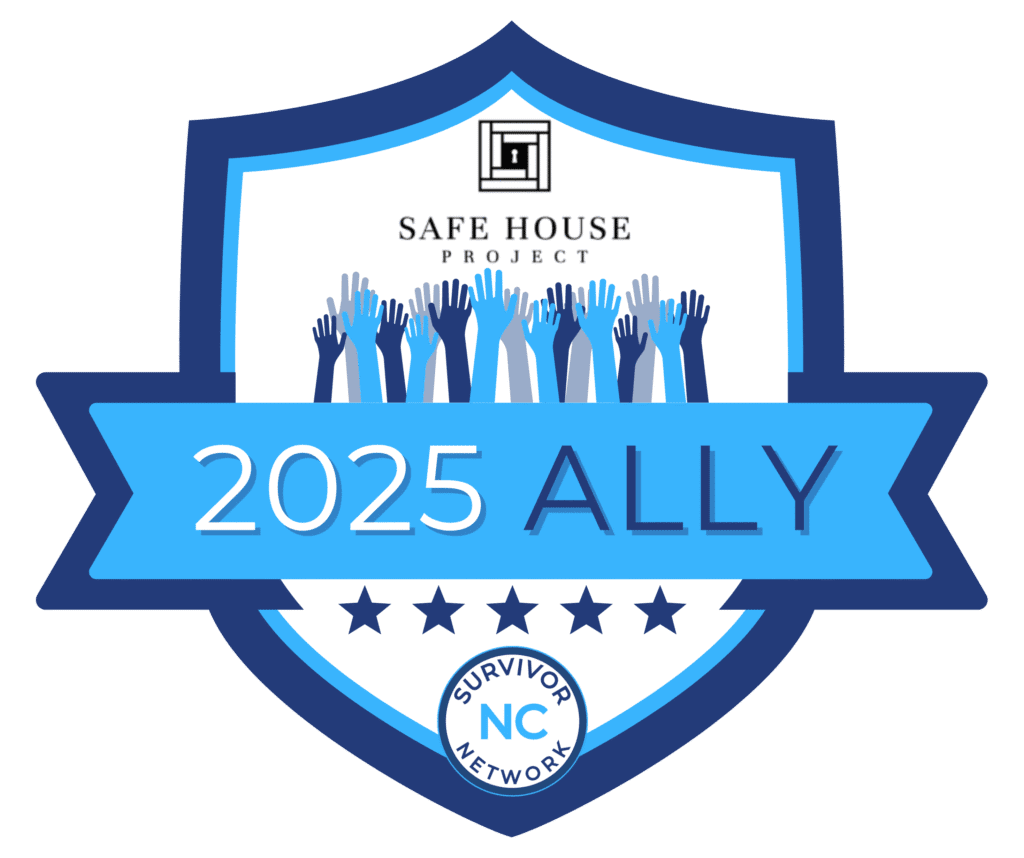The Power and Responsibility of Storytelling
Survivor stories have become a powerful tool in raising awareness about human trafficking. Through nonprofit campaigns, documentaries, and public speaking events, these narratives can inspire change, influence policy, and help dismantle stigma. For survivors themselves, storytelling can also serve as a way to reclaim agency, identity, and voice.
However, when these stories are shared without proper care, preparation, or respect, the impact can shift from healing to harmful. Even well-meaning efforts to spotlight survivor experiences can result in retraumatization, misrepresentation, or emotional harm, especially when ethical practices are not in place.
Organizations, media professionals, and advocates all share a responsibility to protect the emotional safety and agency of the individuals whose stories they help tell.
Recognizing the Risks
Public storytelling involves revisiting deeply personal and painful experiences. Without trauma-informed support and clear boundaries, survivors may feel overwhelmed or exposed. Some have reported being unprepared for the emotional toll of interviews or events, while others say they felt like props used to inspire donations or sympathy rather than people with autonomy and complexity.
When survivor stories are edited without input, repurposed for broader appeal, or stripped of nuance, the result is often an erosion of trust. Even unintentional choices, such as altering timelines or framing narratives to generate a specific emotional response, can cause significant psychological and emotional stress for survivors. These experiences highlight the need to move away from extractive storytelling and toward collaborative, survivor-centered engagement.
Building Ethical Storytelling Practices
Ethical storytelling starts with one key principle: stories should be told with survivors, not about them. This means giving survivors control over how their stories are shaped, where they are shared, and whether they are shared at all. Several best practices help ensure storytelling remains safe and respectful:
- Ongoing, informed consent: Survivors must understand how their story will be used and have the right to change their minds at any point. Consent should never be treated as a one-time formality.
- Emotional preparation and training: Many survivors have never participated in interviews or public speaking before. Media literacy coaching and boundary-setting can help survivors feel safe and confident.
- Support throughout the process: Emotional check-ins, grounding strategies, and access to trained support people can make storytelling more manageable and less overwhelming.
- Respect for narrative boundaries: Survivors have the right to decide which parts of their story to share and which to keep private. They should never feel pressured to provide details for the sake of audience impact.
- Transparency and accountability: Survivors should be aware of the goals of the project, the intended audience, and who may benefit from their participation. Open communication builds trust and allows for meaningful collaboration.
A Field-Wide Commitment
Ethical storytelling honors the humanity, agency, and insight of trafficking survivors. It keeps survivor well-being central throughout the process, from initial conversations to final publication. When survivors are supported to share their stories in ways that feel safe and empowering, storytelling becomes a meaningful part of healing and a powerful tool for change. These stories have the potential to build trust, deepen understanding, and challenge harmful stereotypes, strengthening the anti-trafficking movement by reinforcing our commitment to meaningful and survivor-led impact.








